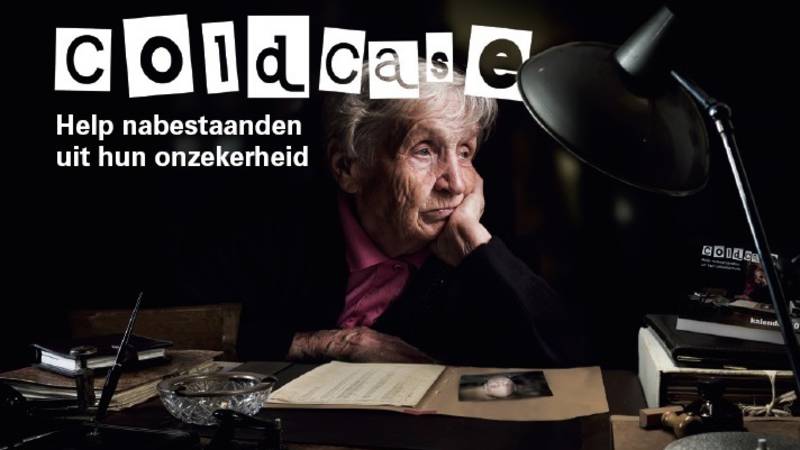Computer says solved: Police hope AI advances can crack cold cases


Police are turning to digital technology to try to solve some of the 1,500 ‘cold cases’ that remain unsolved in the Netherlands.
The national police force is in the process of digitising its entire cold case archive, which runs to around 25 million pages of material. Currently only around 15 per cent of evidence on file is stored digitally.
The transfer will enable police to analyse the evidence by computer, speeding up the process from several weeks to around a day. Artificial intelligence will also select which of the inquiries, which include around 1,000 murders, are worth reopening.
The new developments are being presented at a technology conference later this week where the public will also be invited to suggest ways that AI can be used in cold cases.
Investigations specialist Roel Wolfert told NOS: ‘Systems like this will allow us to do much more in future, such as seeing connections between cases. It may be we can apply it to live cases too.’
It is not the first inventive method Dutch police have come up with to deal with the backlog of unsolved cases. Last year a ‘cold case calendar’ was distributed around prisons with details of 52 crimes to encourage inmates to come forward with information. The initiative led to seven investigations being reopened and has been repeated this year.
Thank you for donating to DutchNews.nl.
We could not provide the Dutch News service, and keep it free of charge, without the generous support of our readers. Your donations allow us to report on issues you tell us matter, and provide you with a summary of the most important Dutch news each day.
Make a donation